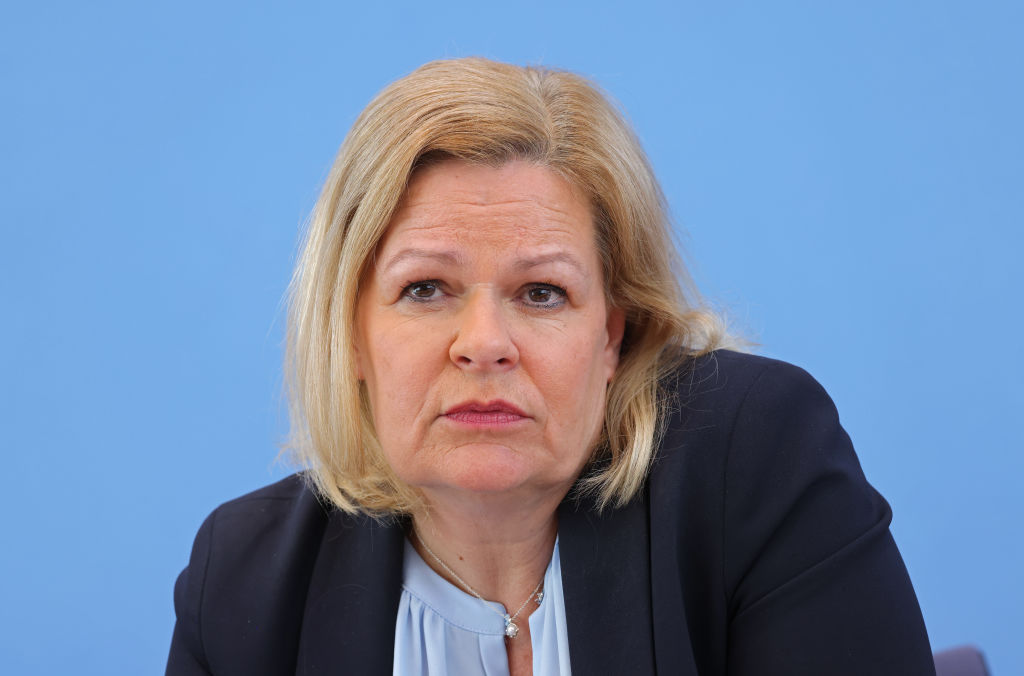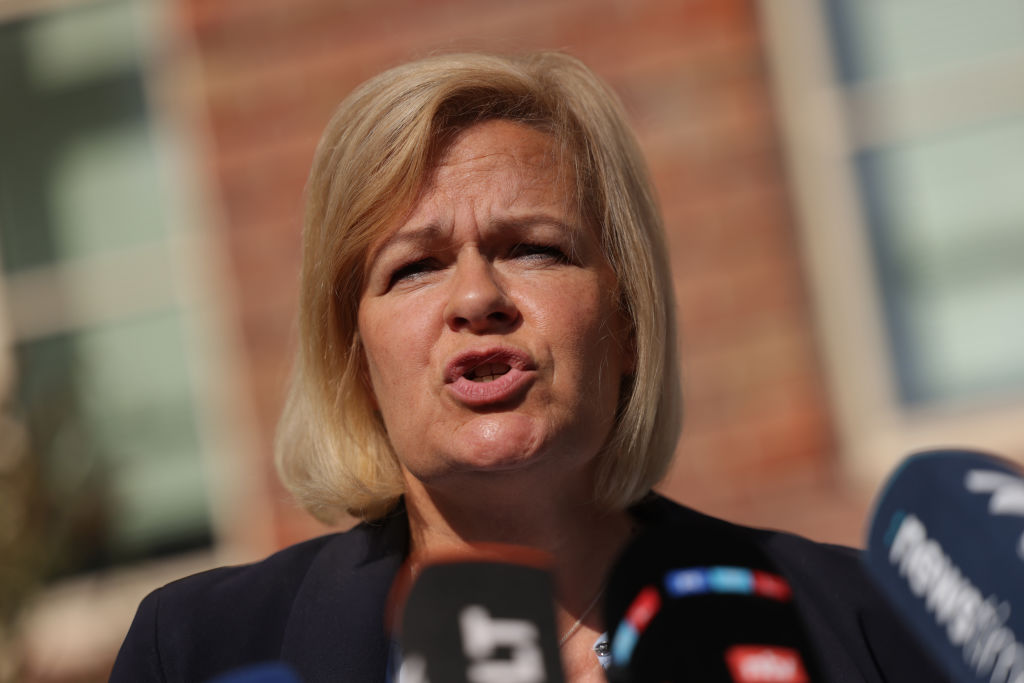The collapse of a major bridge in Germany has shone a spotlight on the dismal state of the country’s public infrastructure.
At around 3am on September 11, inhabitants near the Carola Bridge (Carolabrücke) in Dresden, the capital of the German State of Saxony, were awakened by a loud rumbling noise. A span of the bridge, a main road and tram crossing over the river Elbe, had collapsed under its own weight into the waters below.
There were no casualties – the last tram of the day had driven over the section less than 20 minutes before it failed, according to the Dresden public transit operator.
In the wake of the accident, a storm of criticism has hit the city official in charge of public works, Stephan Kühn.
Kühn is a sociologist by education and a politician from The Greens party. He has been Dresden’s so-called “mayor of construction” since 2020.
Critics have for years been lamenting the poor state of the city’s bridges, many of which – including the Carola bridge – were erected under the German Democratic Republic between 1949 and 1990 using sub-par construction material. Kühn had referred to such criticism as being “bare of any factual basis” in a recently deleted 2023 post on X.
Stephan Kühn (Bürgermeister der Stadt Dresden, Geschäftsbereich Stadtentwicklung, Bau, Verkehr und Liegenschaften) hat diesen Post, in dem es auch um die Carolabrücke geht, übrigens gelöscht.
Ich finde, das sollten Sie wissen. pic.twitter.com/Ov0pq6XvVV— severin tatarczyk (@stagerbn) September 12, 2024
A representative of the Dresden city engineering department said the collapse had not been foreseeable. “You cannot look inside such an edifice”, city clerk Holger Kalbe continued.
City engineers will now assess the damage to the surrounding structures and try to find a way to lift the fallen concrete span from the river – which will be a difficult process, according to Kalbe.
The collapse of the Carola bridge is a dire reminder of the bad state of much of Germany’s public infrastructure. Around 8,000 motorway bridges are in need of renovation, according to a 2023 study by a German environmental NGO, as are a further 3,000 bridges on other long-distance roads.
Out of the 60,000 bridges for which German municipalities are responsible, around 50 per cent are in bad condition, according to André Berghegger, director of the German Association of Towns and Municipalities.
It is not only Germany’s bridges that are crumbling – so are roads, railways, schools and other public infrastructure. The German State development bank KfW has put the infrastructure investment shortfall at €186 billion.
In July 2024, German infrastructure minister Volker Wissing announced he wanted to cut his ministry’s expenses by €5.2 billion over the coming year – among other things by reducing maintenance spending on motorways.
While the German Government led by Social Democrats, Greens and Liberals, has been frugal at home, funds for what many see as questionable development projects abroad seem easily available.
In one instance, in 2022, the Ministry for Economic Co-operation and Development, under minister Svenja Schulze, promised €24 million to extend the bike-path network in Peru.





